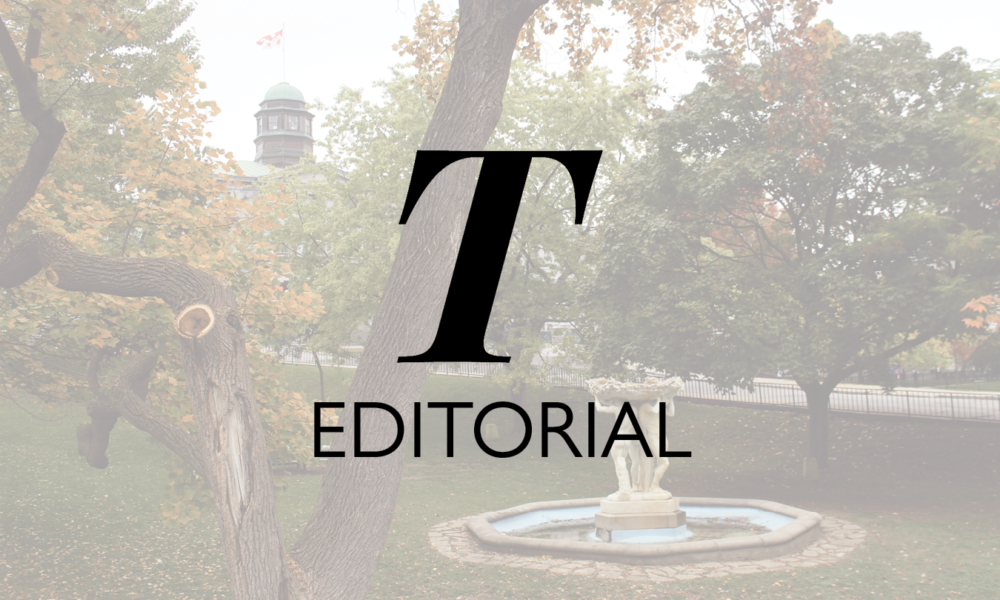On Oct. 3, voters from across the province will head to the polls to elect the new members of the National Assembly of Quebec. After years of public health mismanagement, untenable costs of housing and food due to inflation, and the controversial passing of Bill 96 and Bill 21, the CAQ is fighting to maintain their majority. This period of political, economic, and social turmoil must serve as a powerful incentive for McGill students to meaningfully engage with local politics. Not only should eligible students cast their votes, but they should put their convictions into practice.
McGill students are notoriously insular when it comes to their involvement with the rest of Montreal and the province at large. With a significant international and out-of-province population, local politics are not often on students’ radars. But issues like healthcare, language bills, and housing rights affect students as soon as they settle in the province and should be enough to prompt participation. Simple pleas to vote, however, are insufficient in engaging a student population since a significant proportion of them are not eligible to vote in the province. The Quebec provincial election must then be an opportunity to reframe political participation and instill a culture of solidarity between international, out-of-province, Quebecois students, and residents of the province more broadly.
Student apathy and young people’s low voter turnout are not new phenomena. The complex history of Quebec’s identity politics and the turbulent election campaign so far can be alienating. Many students, especially those not eligible to vote, may feel dissuaded from being politically outspoken for fear of overstepping—especially if they do not plan to make Quebec their long-term home. Furthermore, considering the high cost of tuition, many out-of-province students come to McGill in positions of financial privilege, with the means to access housing and food. Consequently, they are under the impression they can escape the harsh realities that engage so many people in politics. For many, this illusion is only shattered when an emergency arises and suddenly, they, too, experience the collapse of the healthcare system. Anyone living on stolen land is inevitably impacted by its history, bureaucracy, and politics.
McGill is not an institution that exists in a vacuum. The university’s legacy is built upon enslavement, medical abuse, and the murder of Indigenous people, consistent with the histories of other Canadian institutions. As such, attending McGill is political in and of itself. It is a myth that democracy can only happen at the polls, and students are increasingly aware of that. The Solidarity for Palestinian Human Rights McGill (SPHR), the Black Students’ Network (BSN), and Divest McGill, are proof that McGill students can be politically engaged and have a sense of responsibility for the spaces they inhabit.
Efforts to extend on-campus participation to the context of elections must focus on reminding students that the power structures of Quebec do affect them. Deficient healthcare systems, landlord abuse, and inflated food prices are all political issues that impact students’ daily lives. Framings of political engagement must then centre channels of solidarity beyond electoral participation. All students have the responsibility to get involved in grassroots organizing, resource redistribution, and mutual aid.
Solidarity begins with an understanding of the land we occupy and the implications that our individual identities, for settlers especially, inflict on the places we live. It can be as simple as properly disposing of garbage and maintaining the streets of our neighbourhoods, but it should also involve supporting unhoused people and staying informed on housing rights. Local political involvement and grassroots mobilization recognizes alternative avenues of participation and acknowledges the inaccessibility and flaws of the electoral system. Democracy is at its best when showing up to the polls is accompanied by showing up for your community.









